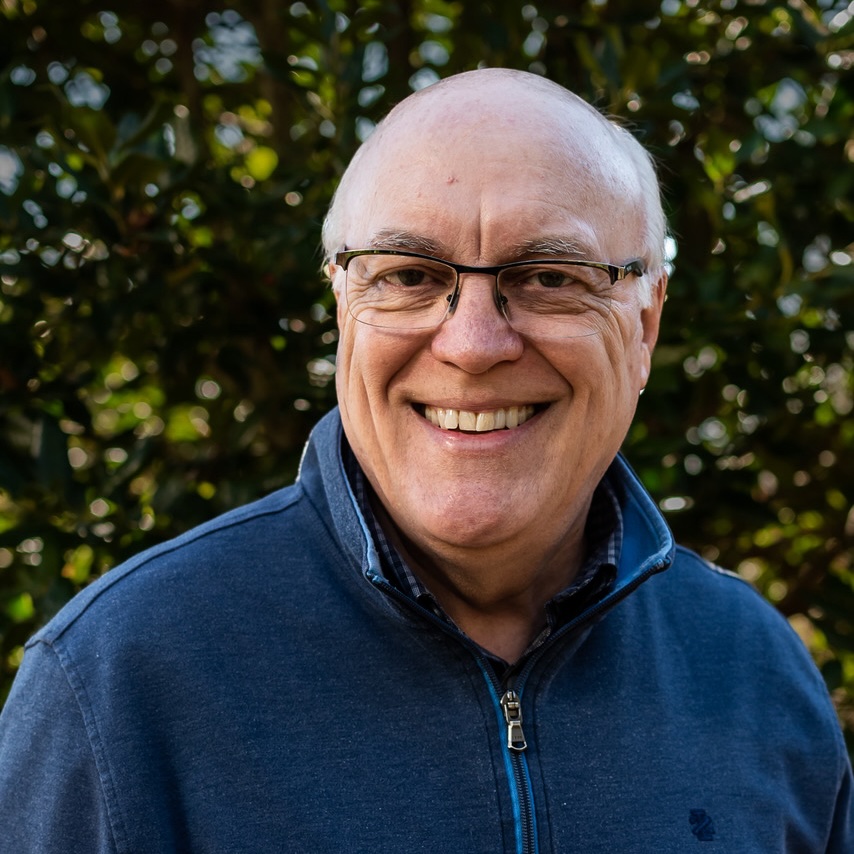About the Authors
Don Barger
Director of Innovation
International Mission Board
Don Barger and his family began their missionary career in the Dominican Republic, where they lived in a rural village that was highly oral. Literacy was often low, and reading was not part of ordinary life for most people. He and his wife, Jennifier, successfully planted a church using Bible storying strategies as well as community health strategies based on principles of orality.
Don subsequently oversaw the International Mission Board’s (IMB) work among the indigenous people groups of Mexico and Central America. Orality was a dominant feature of their lives. Many indigenous languages were unwritten or had only been reduced to writing in recent decades. Only a small percentage of the community could read their indigenous language. Their comprehension of written Spanish varied widely depending on the subject matter and the individual. Don coached many missionary teams and local Christians ministering in oral cultures, pioneering the use of the oral Bible storycrafting process called StoryTogether in the Americas with several missionary couples.
Later, Don spent a decade overseeing the training of several hundred IMB missionaries, national, and US partners serving in the Americas. Due to the focus on reaching unreached people groups, he and his colleagues provided extensive training for living in and communicating effectively with oral communities.
Don currently serves as the Director of Innovation and MX Labs at the IMB.

Grant Lovejoy
Director of Oral Strategies
International Mission Board
Grant Lovejoy was a university student when he first heard about the oral transmission of the stories and other content that much later became part of written Scripture. He was taught that over a long period of oral transmission, the stories were sometimes changed accidentally and sometimes purposefully. Each group of scholars, according to the prevailing theory, modified various oral traditions and writings to emphasize themes important to them. Oral transmission initially seemed dangerous to him.
At Southwestern Seminary, Grant learned more about oral transmission and oral cultures. He read books and articles by scholars who argued that the oral transmission of the Old Testament by Jewish scholars was much more disciplined, orderly, and accurate than 19th and 20th-century liberal scholars admitted. Scholars like Birger Gerhardsson asserted that Jesus’ followers, including rabbis and priests, would have applied the same careful rabbinic practices to the oral transmission of Jesus’ teachings and stories. This perspective offered Grant a more positive view of orality.
Thanks to the generosity of the Southwestern Seminary administration in Fort Worth, TX, Grant spent many months studying orality and oral cultures across the Pacific region, Sub-Saharan Africa, mainland Southeast Asia, East Asia, and South Asia. He helped develop and launch a completely oral curriculum for training church leaders in Sudan, revisiting two years later to evaluate its effectiveness.
In 2004, Grant joined the IMB as the Director of Orality Strategies. This role afforded him the opportunity to visit IMB missionaries with fruitful ministries among oral cultures in countries such as Colombia, Ethiopia, Indonesia, Mali, East Asia, and South Asia. Each year, he engaged with many missionaries about their experiences in oral cultures, discussing their materials and strategies, exploring why some approaches were more successful than others, and brainstorming solutions to specific challenges. These interactions allowed Grant to compare scholarly descriptions of orality with real-world experiences, providing him a rare privilege to gather information about orality worldwide, from remote locations to megacities.
Grant has co-edited “Making Disciples of Oral Learners” and three volumes of papers on contextualizing theological education for oral contexts.